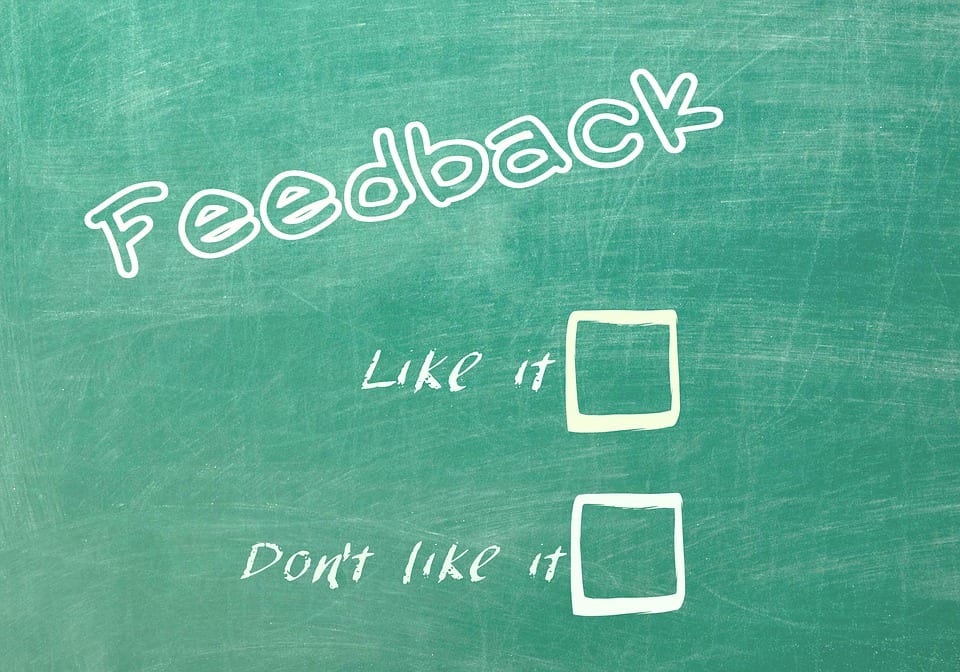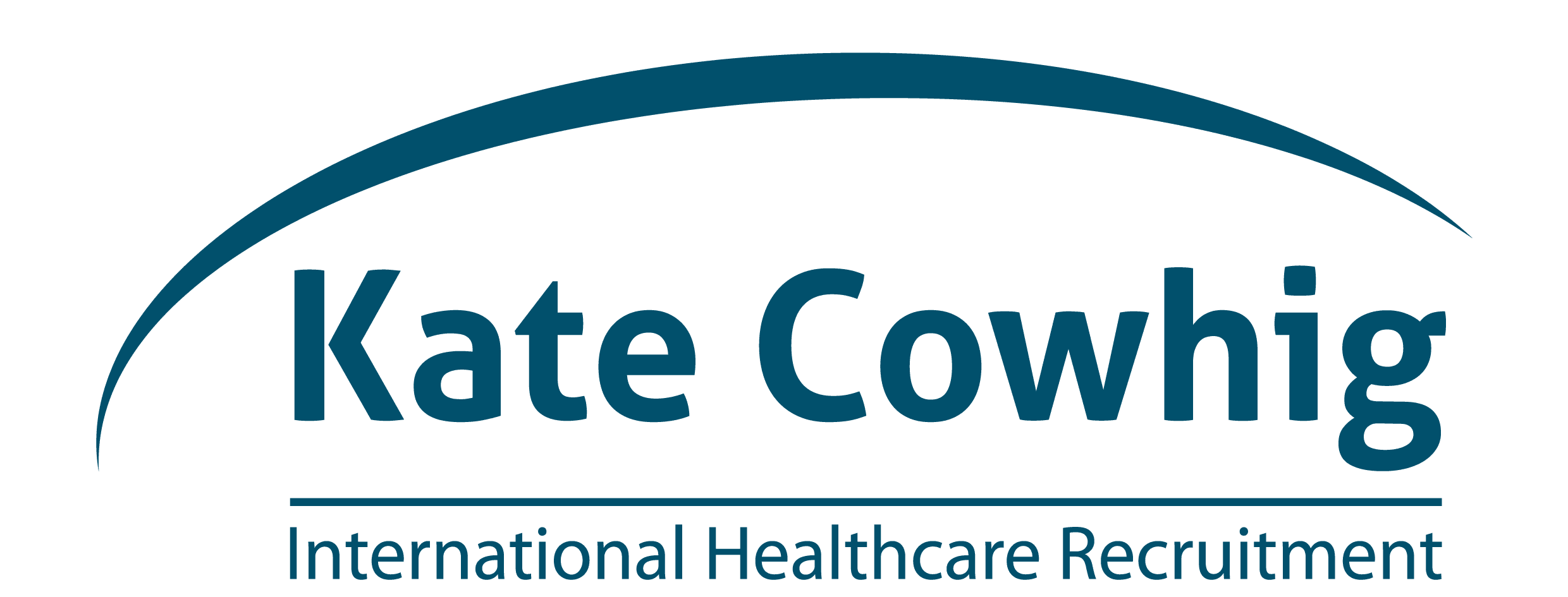When you receive an invitation to interview for your dream nursing job it often feels like all your hard work has paid off and you start thinking about your new life overseas, but unfortunately, this isn’t always the case.
Getting an interview is the first step, how you perform in the interview decides your faith. Sometimes, if it’s a job you really want, nerves can get the better of you and you can fall at the last hurdle. At this stage, people often give up and begin immediately thinking about their next job interview. This is frequently candidates biggest mistake. It’s essential for you to learn from any mistakes you made in the interview and this can be accomplished by requesting feedback from your interviewer. Feedback is the biggest learning opportunity and it’s important to ask where your weak points lie so you can improve for your next interview.
It’s never nice for your weaknesses to be pointed out, but this will be extremely beneficial for you in the future.
How to ask for feedback:
It’s important to come across as positive, interviewers are less likely to reply if you come across as bitter or ungrateful. Try something like “While I’m disappointed I wasn’t selected, I would appreciate the opportunity to get some honest feedback as I am determined to learn from any mistakes I may have made in the interview and possible reapply to interview in the future.” If you decided to seek employment through our agency, you can request feedback via our recruiters and they will seek feedback on your behalf. This is KCR’s way of ensuring you constantly improve your interview skills and that you secure your dream job in your next interview instead.
Asking for feedback proves that you are willing to learn and grow:
Proactively looking for feedback will impress the recruiter as it shows that you are willing to accept and learn from constructive criticism. It shows that you are constantly looking for ways that you can develop, grow and learn.
Be ready for the answer:
It’s important to have thick skin in this situation and think as professionally as possible. The interviewer may tell you something you do not want to hear and it’s important to take the time to process the information maturely.
It may be the case where your interview answers didn’t add up with the experience you had down on your CV, it may have been your body language- sometimes our body tells them something different to what we tell them about ourselves aka you may have come across as awkward or even too confident.
Remember this is not an attack on you or your personality, this is just their way of telling you that you would not suit the current working environment and there may have been a clash in personalities.

We recommend…
that after an interview you carry out a “self-assessment”. You can do this by asking yourself questions such:
- What questions did you handle well
- What questions did you find difficult?
- Did you feel confident and prepared?
- If you could change anything about the interview, what would it be?
In a situation where the company outlines “no feedback given” then it’s important that you still learn from your mistakes and carry these learning into your next interview. By carrying this out immediately after the interview it will ensure you don’t leave out any valuable insights or “mishaps” that happened and it will give you the optimum chance to learn and grow from this minor hurdle.[/vc_column_text][/vc_column][/vc_row]
 How to Prepare for an Interview When You Haven’t Had One in Awhile
How to Prepare for an Interview When You Haven’t Had One in Awhile
 Community Nursing Positions Across Ireland
Community Nursing Positions Across Ireland






